How Much Does It Cost To Rebuild A Paccar Engine? Answered
Are you looking for How Much Does It Cost To Rebuild A Paccar Engine? Rebuilding a Paccar engine is a significant investment, both in terms of time and money. Understanding the cost implications is crucial for truck owners and fleet managers. This article provides a comprehensive insight into the expenses involved in rebuilding a Paccar engine. We delve into various factors influencing the cost, from parts to labor, and provide practical guidance to help you make an informed decision.
Key Takeaways
- Rebuilding a Paccar engine involves various costs, including parts, labor, and additional services.
- The complexity and model of the engine can significantly impact the overall cost.
- Regular maintenance can prolong the life of your engine and reduce long-term expenses.
How Much Does It Cost To Rebuild A Paccar Engine?
The cost to rebuild a Paccar engine typically ranges from $20,000 to $40,000. This price can vary depending on factors such as the model of the engine, the extent of the rebuild required, the quality of parts used, and the labor costs involved.
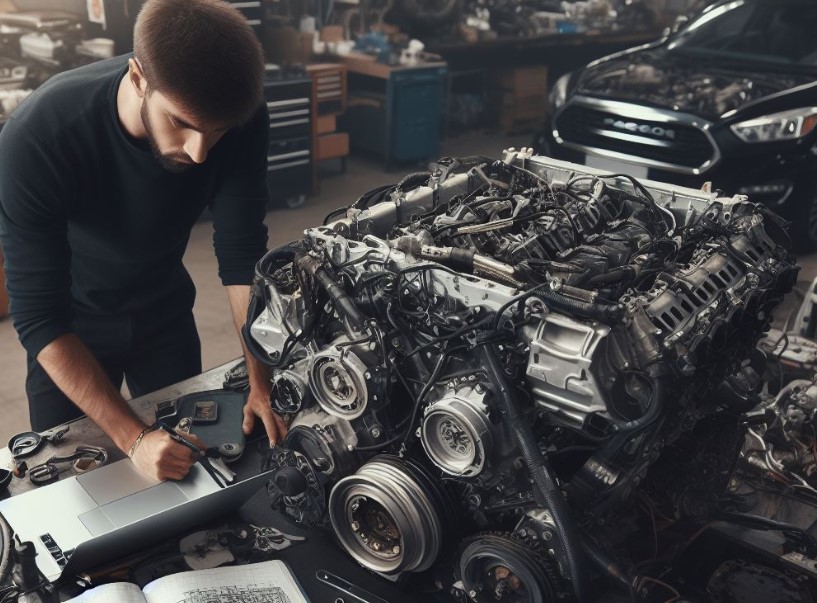
Cost Factors in Rebuilding a Paccar Engine
Rebuilding a Paccar engine involves several components. Understanding these factors can help in budgeting and decision-making.
Parts and Components
The cost of parts is a major factor in the total rebuild expense. This includes the replacement of critical components like pistons, rings, bearings, and gaskets. The quality of the parts chosen also plays a role, with OEM parts generally being more expensive than aftermarket options.
Labor Costs
Labor costs can vary widely depending on the complexity of the engine and the experience of the mechanic. Labor charges are typically calculated on an hourly basis, and a full engine rebuild can take significant time.
Engine Model and Complexity
The model and complexity of your Paccar engine can significantly influence the rebuild cost. Higher-end models or those with more complex designs may require more specialized parts and labor.
Impact of Engine Model
Different Paccar engine models, such as the MX-13 or MX-11, have unique design features and parts requirements. These variations can affect both the cost and time needed for a rebuild.
Complexity and Labor Intensity
More complex engines may require additional labor hours, impacting the total cost. Specialized tools or expertise needed for certain models can also add to the expense.
Maintenance and Longevity
Regular maintenance plays a crucial role in the longevity of a Paccar engine. Well-maintained engines are less likely to require extensive rebuilds, thereby saving costs in the long run.

Importance of Regular Maintenance
Regular maintenance, including oil changes, filter replacements, and inspections, can significantly extend the life of your engine and reduce the need for costly repairs.
Long-Term Cost Savings
Investing in regular maintenance can lead to substantial long-term cost savings by avoiding the need for a complete rebuild.
Rebuild Versus Replacement
When considering a rebuild, it’s important to compare the costs and benefits with those of engine replacement. This decision depends on factors such as the age of the engine, its current condition, and your budget.
Cost Comparison
Comparing the costs of rebuilding versus buying a new or remanufactured engine can provide clarity on the most cost-effective option.
Benefits of Each Option
While a rebuild can be more affordable, a new engine offers the advantage of the latest technology and potentially longer life expectancy.
Additional Services and Hidden Costs
Beyond the basic rebuild, there may be additional services or hidden costs to consider. These can include engine diagnostics, transportation of the vehicle to the service center, and potential downtimes.

Diagnostic Services
Before rebuilding, a thorough diagnostic is often necessary to identify all issues. This can add to the overall cost.
Transportation and Downtime
Transporting the vehicle to a service center and potential downtimes during the rebuild process can result in additional expenses, especially for commercial operations.
Long-Term Value
Evaluating the long-term value of a rebuilt engine against a new or remanufactured one is crucial. A rebuild can often extend the life of an engine significantly, offering a cost-effective solution compared to purchasing a new engine.
Quality of Rebuild
The quality of the rebuild process and the parts used play a pivotal role in determining the future performance and longevity of the engine. Choosing a reputable service provider and high-quality parts can lead to better outcomes and more reliable performance post-rebuild.
Warranty and Service Guarantees
Warranties and service guarantees offered by rebuild service providers can add peace of mind and protect your investment.
Significance of Warranties
Warranties provided for rebuild work and parts can vary. Understanding the terms and coverage of these warranties is important for future cost considerations.
Choosing a Service Provider
Selecting a service provider with a solid reputation and comprehensive warranty coverage can be more beneficial in the long run, ensuring quality and reliability.
Environmental Considerations
Rebuilding an engine, rather than replacing it with a new one, has environmental benefits as well. It’s a form of recycling that reduces waste and the carbon footprint associated with manufacturing a new engine.

Reducing Waste
By choosing to rebuild, fewer materials are disposed of, and the need for new raw materials is decreased.
Sustainable Practices
Incorporating sustainable practices in engine maintenance and rebuilding can have long-term positive impacts on the environment.
Advanced Technologies in Engine Rebuild
The use of advanced technologies in engine rebuilding can improve efficiency and outcomes. This includes the use of precision tools and diagnostic equipment.
Impact of Technology on Rebuild Quality
Technological advancements in tools and diagnostic methods can lead to more precise and efficient rebuilds, enhancing engine performance and longevity.
Staying Up-to-Date
Keeping up with the latest technological developments in engine rebuilding can ensure that your engine benefits from the best practices and innovations in the industry.
Customization and Upgrades
During the rebuild process, there’s an opportunity to customize and upgrade your engine. This can enhance performance or adapt the engine to specific requirements.
Performance Enhancements
Options for performance enhancements can be explored during a rebuild, such as upgrading certain components for improved efficiency or power output. These enhancements, while increasing the rebuild cost, can offer better fuel economy and performance in the long run.
Customization to Specific Needs
Customizing the engine to meet specific operational requirements can be an effective strategy. This could include modifications for heavy-duty use, efficiency improvements, or compliance with emission standards.
Financial Planning and Budgeting
Proper financial planning and budgeting for an engine rebuild are essential. This helps in managing the costs effectively and avoiding unexpected expenses.

Allocating Budget for Rebuild
Setting a realistic budget for the rebuild process, considering all potential costs, is crucial. It’s important to factor in not only the immediate expenses but also any potential additional costs that might arise during the process.
Financial Assistance Options
Exploring financial assistance options such as loans or payment plans offered by service providers can ease the financial burden. Some providers may offer flexible payment options to accommodate different budgetary needs.
Choosing the Right Parts: OEM vs. Aftermarket
Deciding between OEM (Original Equipment Manufacturer) and aftermarket parts is a critical aspect of the rebuild process. Each option has its pros and cons.
Benefits of OEM Parts
OEM parts are designed specifically for your Paccar engine, ensuring compatibility and reliability. They are generally more expensive but offer assurance in terms of quality and performance.
Advantages of Aftermarket Parts
Aftermarket parts can be more cost-effective and are often available more readily than OEM parts. However, it’s important to ensure they meet quality standards and are compatible with your engine model.
Time Considerations in Engine Rebuild
The time required for an engine rebuild can vary significantly. This is an important consideration, especially for commercial vehicles where downtime can impact operations.
Estimating Rebuild Time
Understanding the estimated time for the rebuild allows for better planning and minimizes disruptions. The duration can depend on the extent of the rebuild, the availability of parts, and the workload of the service provider.
Planning for Downtime
Planning for downtime during the rebuild process is crucial, particularly for commercial operations. Arranging for alternative vehicles or scheduling the rebuild during off-peak periods can help mitigate the impact on business.
What Is The Life Expectancy Of A PACCAR Engine?
PACCAR engines, particularly the MX series, are renowned for their long lifespan and reliability in the heavy-duty trucking industry. These engines are designed with an industry-leading B10 life, which means that 90% of these engines are expected to reach one million miles before needing a major overhaul. This impressive lifespan is a significant competitive advantage, making PACCAR engines a preferred choice in the market for their dependability.

The B10 rating of PACCAR engines indicates that only about 10% of these engines are likely to experience a catastrophic failure before reaching a million miles.
This rating is quite remarkable, especially when compared to other engine brands like Detroit, Cummins, Mack, and Volvo, which typically have a B50 rating.
Furthermore, the use of compacted graphite iron (CGI) in the block and head contributes to the engine’s durability and strength, enhancing its overall longevity.
Investing in a truck with a PACCAR engine is often seen as investing in reliability and efficiency. These engines are commonly found in medium- and heavy-duty trucks, including popular models like Peterbilt, and are known for their efficiency and torque alongside their longevity.
Are PACCAR Engines Rebuildable?
PACCAR engines are indeed rebuildable, and there are rebuild kits available specifically for this purpose. For instance, the PX8 Paccar engine can be rebuilt using specialized kits that include essential components like cylinder kits, bearing sets, gasket sets, and more.
These kits are designed to keep the engine running optimally and extend its life even further after the rebuild.
However, it’s important to note that Paccar engines may not be as mechanic-friendly as other engines, and there may be fewer independent shops with in-depth knowledge of these engines.
This means finding a skilled mechanic or a dealership with experienced technicians can be crucial for a successful rebuild. The availability of expertise and diagnostic software can significantly impact the ease and effectiveness of the rebuilding process.
This consideration is especially pertinent for fleet owners or individuals looking to purchase used trucks with Paccar engines, as the specifications and previous maintenance history can influence the rebuild’s complexity and success.
How Much Does It Cost To Rebuild A Semi Truck Engine?
Rebuilding a semi-truck engine is a significant financial undertaking, influenced by various factors like the truck model, engine type, and labor fees. The average cost for such a rebuild ranges between $20,000 and $40,000.

This cost can be attributed not only to the price of the engine, which itself can be between $10,000 and $30,000, but also to labor charges for installation and additional services. It’s important to note that while rebuilding an engine can be more affordable compared to replacing it, the reliability and efficiency of a rebuilt engine may vary.
Are PACCAR Engines Reliable?
PACCAR engines, notably the MX series, have earned a reputation for reliability in the trucking industry. These engines are unique for their B10 rating, which indicates that only about 10% of them are expected to experience a catastrophic failure before reaching a million miles.
This durability is a notable advantage over other brands like Detroit, Cummins, Mack, and Volvo, which generally have a B50 rating. The use of compacted graphite iron in the construction of these engines contributes to their strength and longevity.
Users of PACCAR engines report a range of experiences. Many find these engines to be strong, fuel-efficient, and reliable over the years, with minimal issues such as fuel line leaks being the extent of their troubles.
The MX13 model, in particular, has been praised for its reliability and ease of maintenance, even surpassing the million-mile mark without significant problems. However, it’s worth noting that owning a PACCAR engine may entail higher maintenance costs, as specific parts like oil and fuel filters are proprietary and might be more expensive than those for other engines.
How Much Does A Class 8 Truck Engine Overhaul Cost?
The cost of overhauling a Class 8 truck engine varies significantly based on several factors, including the make of the engine, the level of overhaul required, and the service provider performing the work.
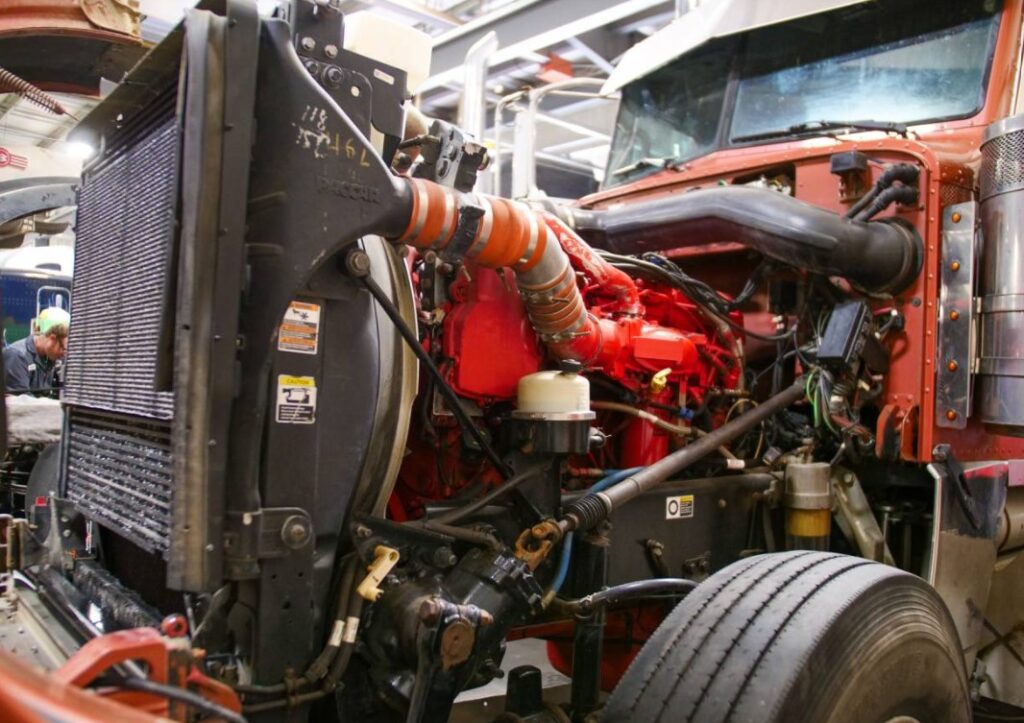
On average, a certified engine overhaul for a Class 8 truck is priced between $20,000 and $40,000. This range accounts for different overhaul levels, from minor repairs to more extensive work involving the replacement of major components.
How Do I Afford A Major Truck Engine Overhaul?
Affording a major truck engine overhaul, given its high cost, requires careful financial planning and exploring various financing options. National Truck Loans, for instance, specializes in providing financing solutions specifically tailored for truck engine overhauls.
They cater to the unique requirements of truckers and owner-operators, offering assistance even to those who might not be considered by traditional banks or financial institutions.
This focus on the trucking industry allows them to offer hassle-free and efficient financing services specifically designed for engine overhauls.
Financing solutions available for truck engine overhauls include:
- Equipment Financing: This option assists business owners in purchasing the necessary equipment for their operations. The financing amount and the repayment period are often aligned with the lifespan of the equipment, be it new or old, with financing available for repairs exceeding $15,000.
- Split Funding: This involves deducting transaction fees from a percentage of the business’s credit card sales. The repayment is based on the volume of credit card processing sales, without a fixed repayment timeline, making it flexible for businesses with fluctuating sales.
- Term Loans: These are standard loans with a fixed amount, repayment schedule, and interest rate. They are typically provided by banks, with term maturities ranging from one to ten years.
- ACH Loan: This type of loan may require personal guarantees and has specified repayment terms that can be daily, weekly, or monthly. ACH loans are suitable for sectors that require fixed payments and do not predominantly deal in credit card transactions.
Conclusion
Understanding the costs involved in rebuilding a Paccar engine is essential for making an informed decision. While the initial investment might seem high, considering factors like the engine model, complexity, and the value of regular maintenance can influence the overall expense. Balancing these costs against the benefits of a rebuild or a replacement is key to optimizing your investment.
Top FAQ’s
Is it cheaper to rebuild or replace a Paccar engine?
This depends on the engine’s condition and age. A rebuild is often cheaper than a replacement, especially if the engine has a solid base. However, for older or severely damaged engines, replacement might be more cost-effective.
How long does it take to rebuild a Paccar engine?
The time required for a rebuild can vary, usually taking several weeks. This duration is influenced by factors such as the extent of the rebuild, parts availability, and the workload of the rebuilding facility.
What are the signs that my Paccar engine needs a rebuild?
Signs include excessive oil consumption, poor fuel economy, decreased engine power, unusual engine noises, and excessive smoke from the exhaust. These symptoms suggest internal wear or damage.
What warranty can I expect on a rebuilt Paccar engine?
Warranties vary by service provider. Typically, you can expect a warranty covering parts and labor for a specified period, usually ranging from 1 to 3 years.

Welcome to the exhilarating world of Matt Rex, a professional car racer turned renowned vehicle enthusiast. Immerse yourself in his captivating blog as he shares heart-pounding adventures, expert reviews, and valuable insights on cars, trucks, jets, and more. Fuel your passion for speed and discover the beauty of vehicles through Matt’s engaging stories and meticulous expertise. Join the ever-growing community of enthusiasts who find inspiration and expert advice in Matt Rex’s blog—a digital hub where the thrill of speed meets the pursuit of knowledge.


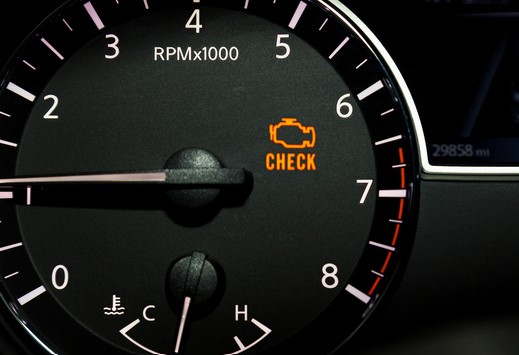

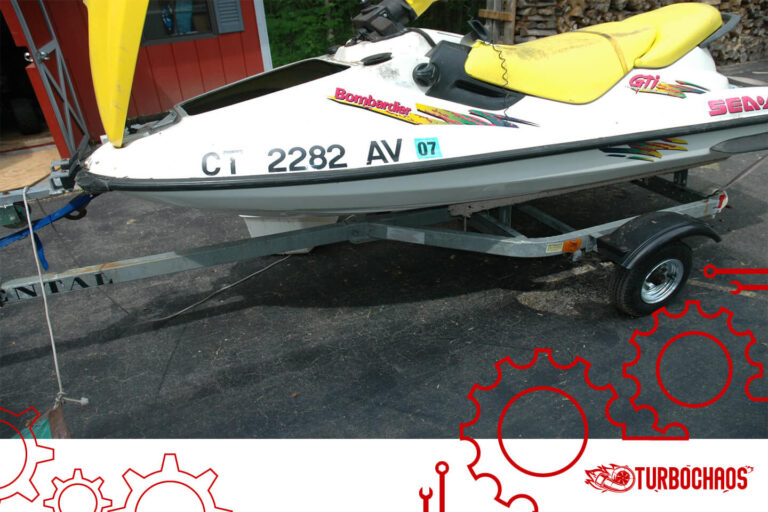
![How Hot Does A Harley Engine Get? [Explained]](https://www.turbochaos.com/wp-content/uploads/2023/11/How-Hot-Does-A-Harley-Engine-Get-768x437.jpg)
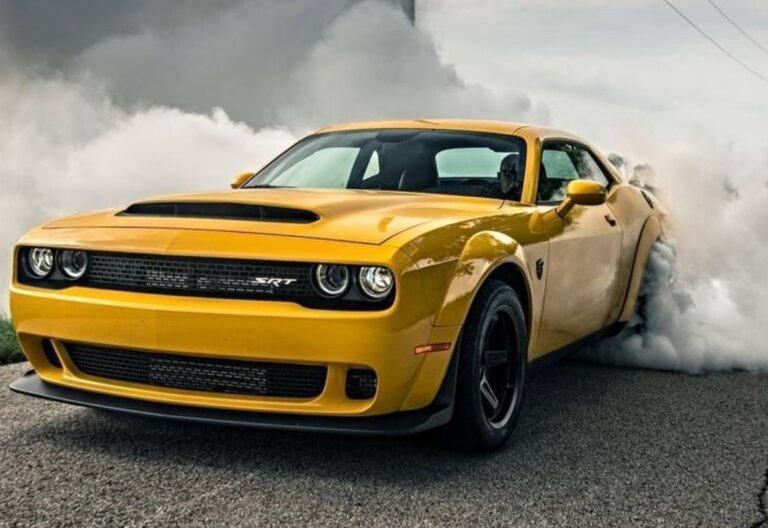
![How To De-Winterize A Seadoo Jet Ski? [11 Working Steps]](https://www.turbochaos.com/wp-content/uploads/2023/08/How-To-De-Winterize-A-Seadoo-Jet-Ski-768x512.jpg)